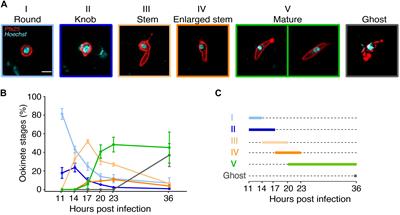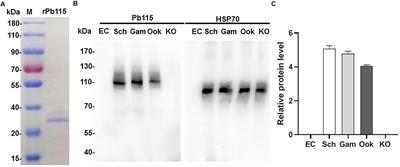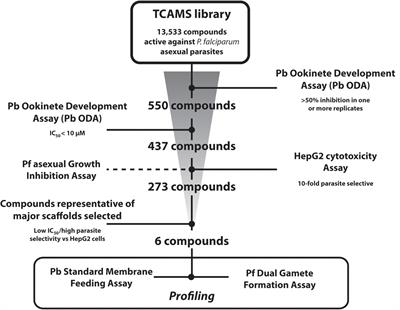ORIGINAL RESEARCH
Published on 17 Mar 2020
Critical Steps of Plasmodium falciparum Ookinete Maturation

doi 10.3389/fmicb.2020.00269
- 9,941 views
- 28 citations
18k
Total downloads
86k
Total views and downloads
ORIGINAL RESEARCH
Published on 17 Mar 2020

HYPOTHESIS AND THEORY
Published on 03 Mar 2020

ORIGINAL RESEARCH
Published on 03 Mar 2020

MINI REVIEW
Published on 14 Feb 2020

ORIGINAL RESEARCH
Published on 24 Jan 2020

ORIGINAL RESEARCH
Published on 17 Jan 2020

REVIEW
Published on 06 Dec 2019

ORIGINAL RESEARCH
Published on 15 Nov 2019

MINI REVIEW
Published on 08 Nov 2019

ORIGINAL RESEARCH
Published on 20 Sep 2019

ORIGINAL RESEARCH
Published on 13 Sep 2019

ORIGINAL RESEARCH
Published on 10 Sep 2019

